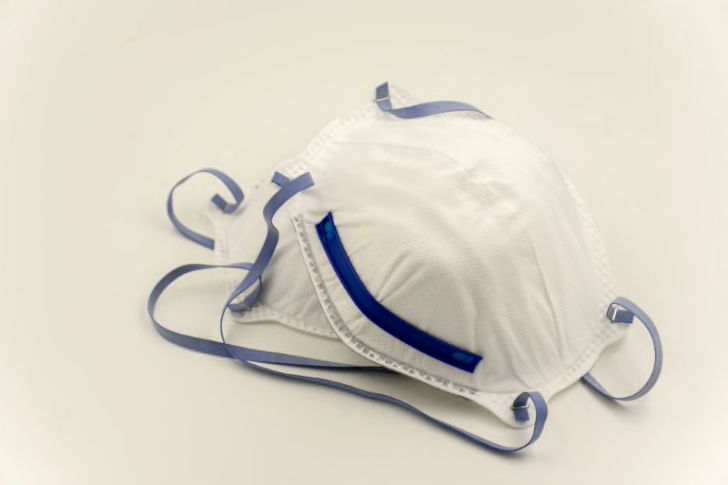Today, the Ministry of Health has registered 9 new cases of the Coronavirus (COVID-19) carried by Bahraini and Saudi citizens arriving at Bahrain International Airport via Dubai and Sharjah, confirming a total of 17 registered cases in the Kingdom so far.
But we still don’t have a solid grasp on how easily the respiratory illness — which is also known as COVID-19 and was first identified in Wuhan, China — spreads.
William Schaffner, M.D., an infectious-disease specialist at Vanderbilt University, told Live Science that some masks can offer the wearer an effective barrier against viral particles and other airborne pathogens—but not all masks are equal, and those that do a sound job are not terribly comfortable.
Thin surgical masks don’t offer much in the way of protection. These masks are made for health care professionals and are intended to keep the wearer from spreading pathogens during surgical procedures. (Some people also wear them if they’re sick and want to go out in public while minimizing the chances of infecting others.) But they’re not designed to filter small airborne particles. And because they fit only loosely around the nose and mouth, it’s possible for contaminants to enter through the sides.
Is it better than nothing? Perhaps. But only by a small margin.
For a more effective barrier, N95 respirators or better are recommended. These masks are more substantial and can effectively filter viral particles. The “N95” refers to the fact that these types of masks have been proven to block at least 95 percent of particles as small as 0.3 microns in size.

But what makes them effective is what also makes them unpleasant to wear. Because you’re breathing through thick material, it can become difficult to tolerate for extended periods, especially if you have a health condition that already makes breathing a challenge. And if the mask isn’t properly fitted to create a seal around the face, you might still be exposed to pathogens. This is particularly true of people with beards, since facial hair interferes with the mask’s ability to create a secure fit.
As the new coronavirus does not currently have a sizable presence in the United States, it’s probably not worthwhile to bother with a mask, though some people with certain health conditions may be advised by their health care providers to wear one in specific circumstances.
Whether it’s the coronavirus, the flu, or any other kind of infectious germ, the best defense is to wash your hands, avoid touching your face, and avoid contact with people who are ill if possible.
Source: Mental Floss

